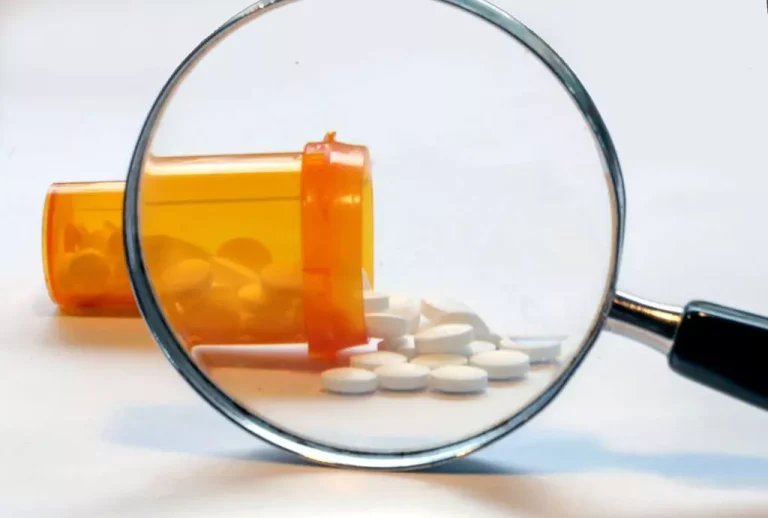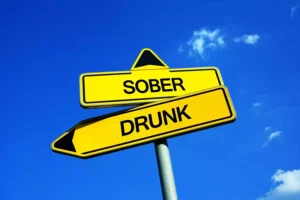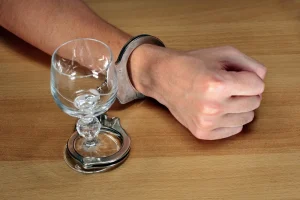Alcohol Withdrawal Syndrome: Outpatient Management

Foods rich in vitamins and minerals, like fruits, vegetables, lean proteins and whole grains, can support the body’s recovery. Hydration is also important, so drinking plenty of water and avoiding caffeine is advised. Some people find that smaller, more frequent meals help if nausea is an issue. A good diet won’t lessen withdrawal effects but will support your body’s ability to deal with them. Alcohol withdrawal can be a challenging and potentially dangerous process, requiring careful management and support. It often raises many questions, especially regarding effective strategies for managing symptoms and ensuring safety.

What is the treatment for alcohol withdrawal?
- Even less often, people see, feel, smell, or even taste things that aren’t real.
- Due to this, the central nervous system has created a mechanism to compensate for alcohol’s depressive effects on brain function.
- Toxicology screening is typically done with a blood or urine sample, and can also indicate if any other substances are in your body.
- There are specific treatments available for anyone who wants to stop drinking—even after long-term, chronic alcohol use.
Drinking lots of fluids, especially fluids with electrolytes, will help address dehydration and nausea and improve your overall health and ability to undergo withdrawal. Sodium, calcium, potassium and magnesium are common electrolytes in sports drinks. A healthcare provider will also run tests to rule out other medical conditions that have similar symptoms of alcohol withdrawal or occur alongside withdrawal. These conditions include gastrointestinal bleeding, infection, intracranial hemorrhage (acute bleeding in the brain), and liver failure. The most severe and dangerous form of alcohol withdrawal is called delirium tremens (DT), in which withdrawal symptoms are much stronger.

Treatment For Alcohol Withdrawal
The following list of medications are related to or used in the treatment of this condition. These three neurotransmitters play a significant role in regulating our mood and managing emotions. Minor shifts in their balance can lead to a variety of symptoms like drowsiness, loss of motor skills, euphoria, and dysphoria. Alcohol, being a neurotoxin, disrupts the balance of these neurotransmitters in the brain, and its effects are what is referred to as intoxication. Treatment significantly lowers your risks of complications and death.
Alcohol withdrawal syndrome vs. a hangover

Those with severe AWS experience severe anxiety and moderate to severe tremor, but they do not have confusion, hallucinations, or seizures. When not properly treated, AWS can progress to delirium tremens (Table 38–10). Medications are often used to manage the symptoms of alcohol withdrawal safely. Benzodiazepines, such as diazepam (Valium) or lorazepam (Ativan), are commonly prescribed to reduce withdrawal symptoms and prevent complications like seizures. Other medications might include anticonvulsants, anti-nausea drugs and sleep aids, depending on individual symptoms and medical history.
If you’re experiencing alcohol withdrawal, your body might be going through an array of uncomfortable physical and mental changes. Benzodiazepines (tranquilizers) are the main treatment for symptoms of withdrawal, like the shakes, and are also key to preventing serious complications such as delirium tremens (DTs). Some people can be treated at home, but others may need supervised care in a hospital setting to avoid potentially dangerous complications such as seizures. If you drink daily, your body becomes dependent on alcohol over time.

When that person cuts out alcohol, there is a period when their brain hasn’t yet received the message and still overproduces the stimulating chemicals. With alcohol out of the equation, though, these chemicals cause withdrawal symptoms. The main management for severe symptoms is long-acting benzodiazepines — typically IV diazepam or IV lorazepam. It’s much better to focus on something you enjoy than to focus on the discomfort of your withdrawal symptoms.
If your symptoms can’t be managed with sedatives, your doctor may prescribe anesthesia so you will be completely sedated until your symptoms end. You may also need intravenous fluids with vitamins and minerals to treat dehydration or bring your electrolytes back https://ecosoberhouse.com/ into balance. Alcohol withdrawal symptoms can be greatly reduced or even eliminated with proper medical care. There are specific treatments available for anyone who wants to stop drinking—even after long-term, chronic alcohol use.
- Try to remember that you don’t have to feel shame about your experience.
- In general, going through withdrawal at home should be avoided unless your doctor recommends it.
- Alcohol consumption spans a spectrum from low-risk to severe alcohol use disorder (AUD).
- Moderate or binge drinkers can likely quit alcohol on their own.
- You might not recognize how much you drink or how many problems in your life are related to alcohol use.
- An effective coping technique is to “fast forward” your relapse fantasy.
Take our free, 5-minute alcohol misuse self-assessment below if you think you or someone you love might be struggling with an alcohol use disorder (AUD). The evaluation consists of 11 yes or no questions that are intended to be used as an informational tool to Cure for Alcohol Withdrawal Symptoms assess the severity and probability of an AUD. The test is free, confidential, and no personal information is needed to receive the result. By Sarah Bence, OTR/LBence is an occupational therapist with a range of work experience in mental healthcare settings.
What food helps with alcohol withdrawal?
- You may experience AWS between a few hours to a few days after your last drink or suddenly after reducing heavy alcohol use.
- Consider creating a visiting schedule so you are never alone during the first week of detox.
- You should report your drinking history straightforwardly to your doctor so you can be treated safely for withdrawal symptoms.
- Your doctor will evaluate your usual diet and check for vitamin deficiencies because poor nutrition is common when someone is dependent on alcohol.
- If left untreated, withdrawal can progress to complicated alcohol withdrawal.
Categories: Sober living
Contact Us

